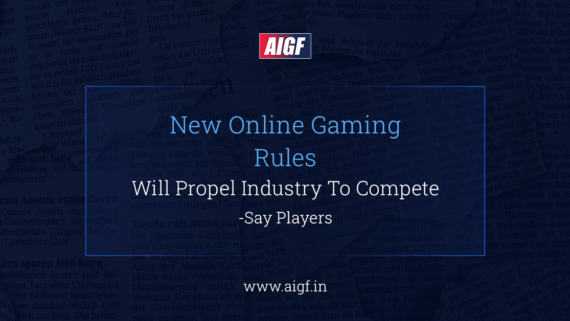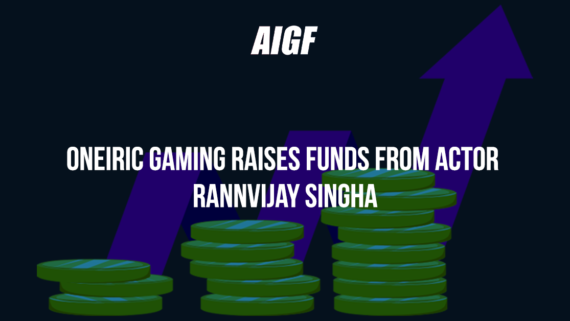According to a new KPMG report, the Indian online gaming market values at ₹136 billion with an expected 433 million users in 2021 and is estimated to touch ₹290 billion by 2025.
The Game Is On
Online gaming must be regulated and nurtured
According to a new KPMG report, the Indian online gaming market values at ₹136 billion with an expected 433 million users in 2021 and is estimated to touch ₹290 billion by 2025. Yet, regardless of its latent capacity, it is defaced by regulatory vulnerability and out boycotts in certain States.
In November 2020, the Tamil Nadu government swiftly passed an ordinance prohibiting all online games played for stakes referring to suicides by young people and elevated danger of fraud. While an apparently benevolent move, it neglected to see the value in the complexities of the issues and the heterogeneities inside the online gaming sector — which presently includes different formats like eSports, casual games, fantasy sports, and card games.
In August 2021, the Madras High Court struck down the change. It reaffirmed the ordinance of the Supreme Court and other high courts over the past 60 years that have held that offering games of substantial skill are not gambling but legitimate business activity protected by the Indian Constitution.
Yet, the court likewise recognized the State’s interests over online gaming and recommended the government to carry out new legislation for managing the sector while complying with the Constitutional shields. A day after the judgment, the new legislation was declared to oblige public welfare concerns and interests of all stakeholders including eSports members, industry, and the fledgling game developer ecosystem.
There are two key worries with online gaming: A gamer’s behavior of investing an excess of time or money; and a gaming platform’s unfair lead in rigging matches or controlling algorithms. To alleviate this, it is important to restrict the amount of time or money a user can spend on a game persistently. Then again, platform behavior decides if all games are genuinely played. Some rumored platforms get arbitrary number generators, and no-bots declarations from globally renowned firms, to check that users are not keeping up with fairness and transparency while competing. Organizations are constrained to continually enhance to guarantee that their platforms are protected, secure, and fair. Industry bodies and gaming platforms also need to work together to help the government in understanding the varieties of the sector and thinking on existing accepted procedures to limit user risks.
Self-regulation models
Different independent organizations like the All India Gaming Federation, Federation of Indian Fantasy Sports, and The Online Rummy Federation have created self-regulatory systems reacting to a portion of the concerns.
Some online gaming developers have made their applications or websites protected and safe, going through occasional evaluations and reviews to guarantee consistency. In any case, a well-defined system to guarantee adherence and promote an anticipated climate will go far towards clearing the haze around the current regulatory marsh.
A transparent consultative process while drafting legislation on these complex issues takes into consideration compelling guidelines, though, cover prohibitions on all games, without recognizing skill and chance do little to balance public welfare concerns and power real players to leave the market. Boycotting likewise makes a business opportunity for unlawful gaming to putrefy, putting the youth in more danger.
With eSports turning into a medal sport at the Asian Games from 2022 and the foundation of the Olympic Virtual Series by the IOC, governments should uphold and promote eSports.
The Tamil Nadu government’s choice is probably going to move to different States and present an opportunity as well as an obligation to resolve complex issues of ensuring both gamers and the gaming industry.
Credits: BusinessLine










Comments
Comments are closed.